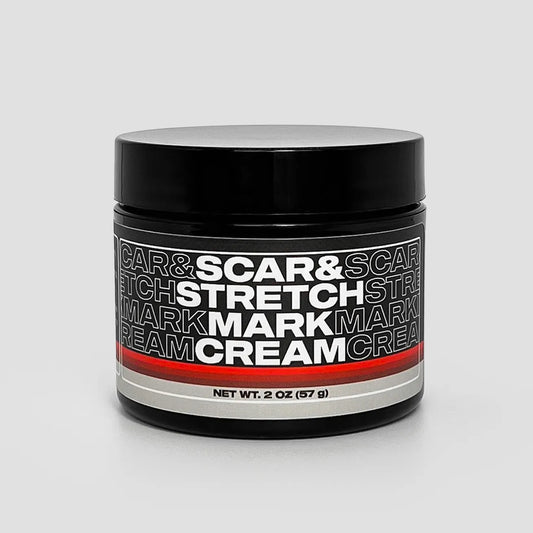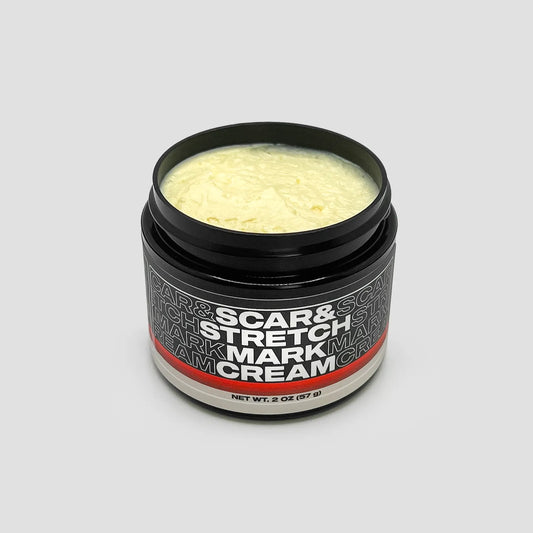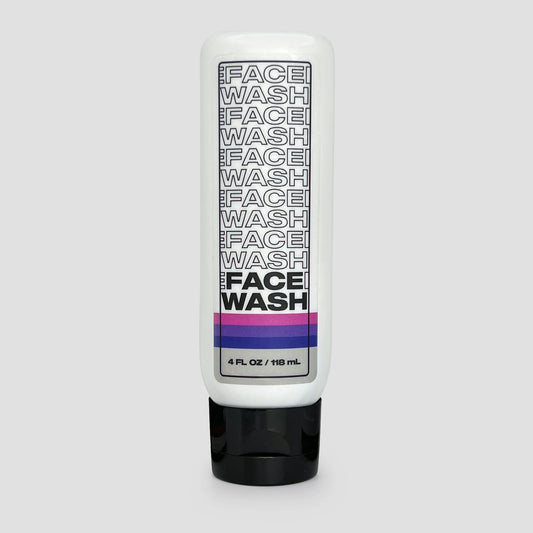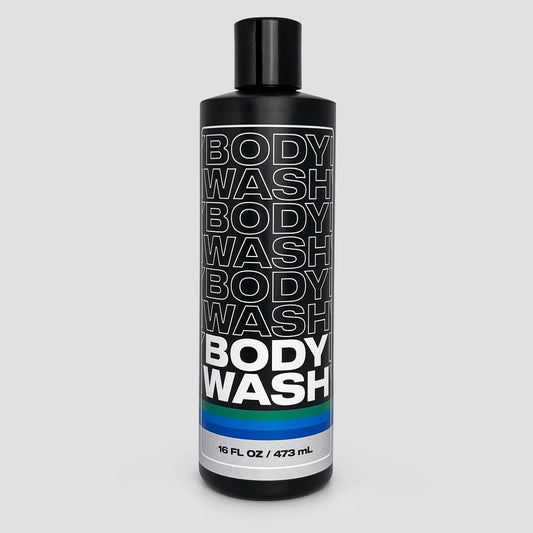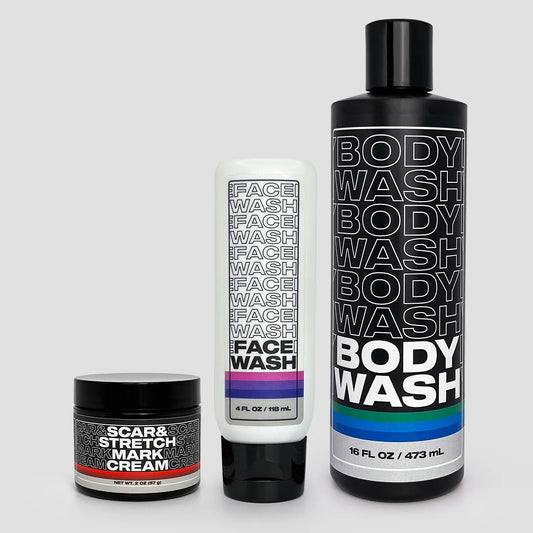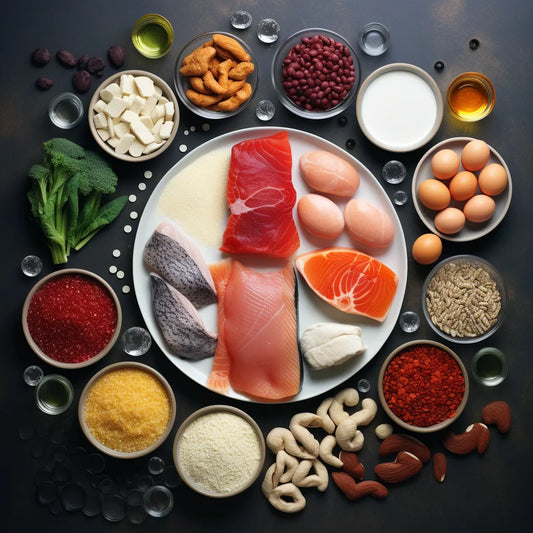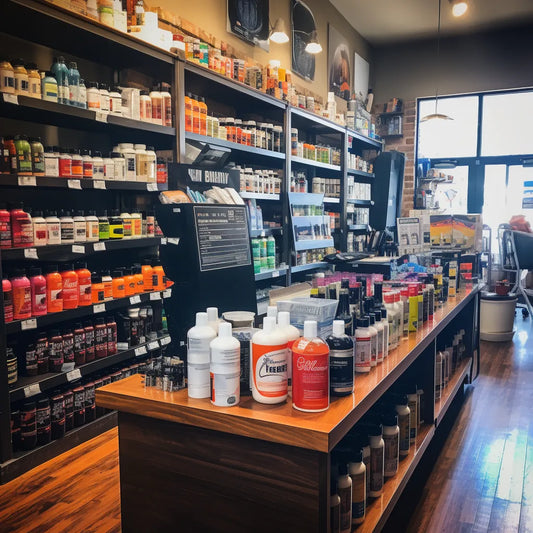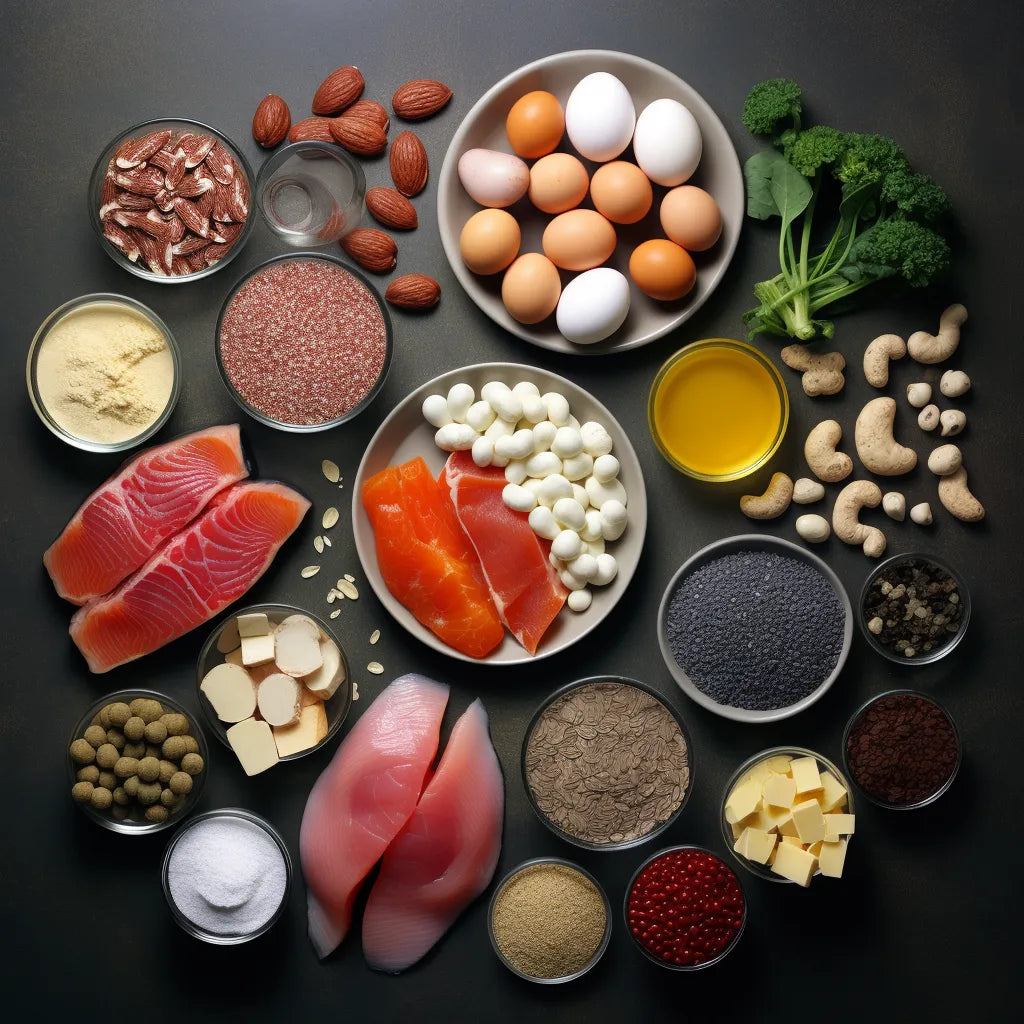

The age-old discussion in the fitness world, "Which is superior for muscle growth and recovery: soy or plant protein?"
The nutrition aisle at any health store is a battlefield between soy-based and plant-based products, claiming to offer the best fuel for your body. Both have their niches, but what's the right choice for you?
Here, we'll navigate this healthy maze together, helping you understand the pros and cons of each, based on recent scientific findings.
Walk through this post and emerge with a clearer understanding of these proteins, knowing which suits your workout routine best.
What Makes Soy Protein Different From Other Plant Proteins?
Soy protein, derived from soybeans, is a complete protein, containing all nine essential amino acids required by the body. Unlike other plant proteins, soy has higher levels of certain amino acids ideal for muscle recovery and growth, a feature much loved by athletes. Considered highly digestible, it stands out in the plant protein world.
How Does Plant Protein Stack Up Against Their Soy Counterpart?
Not all plant proteins are created equal. Some lack a few essential amino acids, making them 'incomplete' proteins. Common plant proteins like pea, rice, and hemp are often blended to create a complete protein profile. However, they are often rich in fiber and minerals, easy on the stomach, and hypoallergenic, unlike soy.
Choosing The Right Protein: Factors To Consider
Knowing the fundamental differences between soy and plant proteins is just the start. But how do you decide which one is right for you?
1. Digestibility
Soy protein is easily digestible compared to some plant proteins. However, soy could cause allergic reactions in some people. Listen to your body.
2. Nutrient Profile
Examine the protein's amino acid profile. The nine essential amino acids should be present. Also, consider other nutrients like fiber, vitamins, and minerals.
3. Taste And Texture
Always taste test. Some people find plant protein to be earthier, while others prefer the smoother taste of soy.
4. Fitness Goals
Are you trying to build muscle? Lose weight? Choose a protein that aligns with your fitness goals.
Why Choose Plant Protein Over Soy?
People usually prefer plant proteins as they're easier on the stomach, hypoallergenic, and come in various blends that offer a wider nutrient profile.
When Could Soy Protein Be A Better Choice?
Soy protein outshines plant protein for its amino acid profile crucial for muscle recovery and growth. If you're a regular gym-goer focused on physical gains, a good-quality soy protein supplement could prove beneficial.
The Final Layer: Soy or Plant Protein?
There you have it: an in-depth comparison of soy and plant proteins, each with its strengths and considerations. Ultimately, your fitness goals, dietary needs, and personal preference will determine your protein choice.
Protein Recap: Your Personal Preference Prevails
- Soy protein: complete, digestible, and great for muscle recovery.
- Plant protein: diverse nutrients, hypoallergenic, and gentle on the stomach.
- Choice factors: digestibility, nutrient profile, taste, and fitness goals.
No matter what you choose, prioritize quality, check for allergens, and always listen to your body. Remember, supplementation is to accompany a balanced diet, not replace it. Now, let's conquer that gym session!
